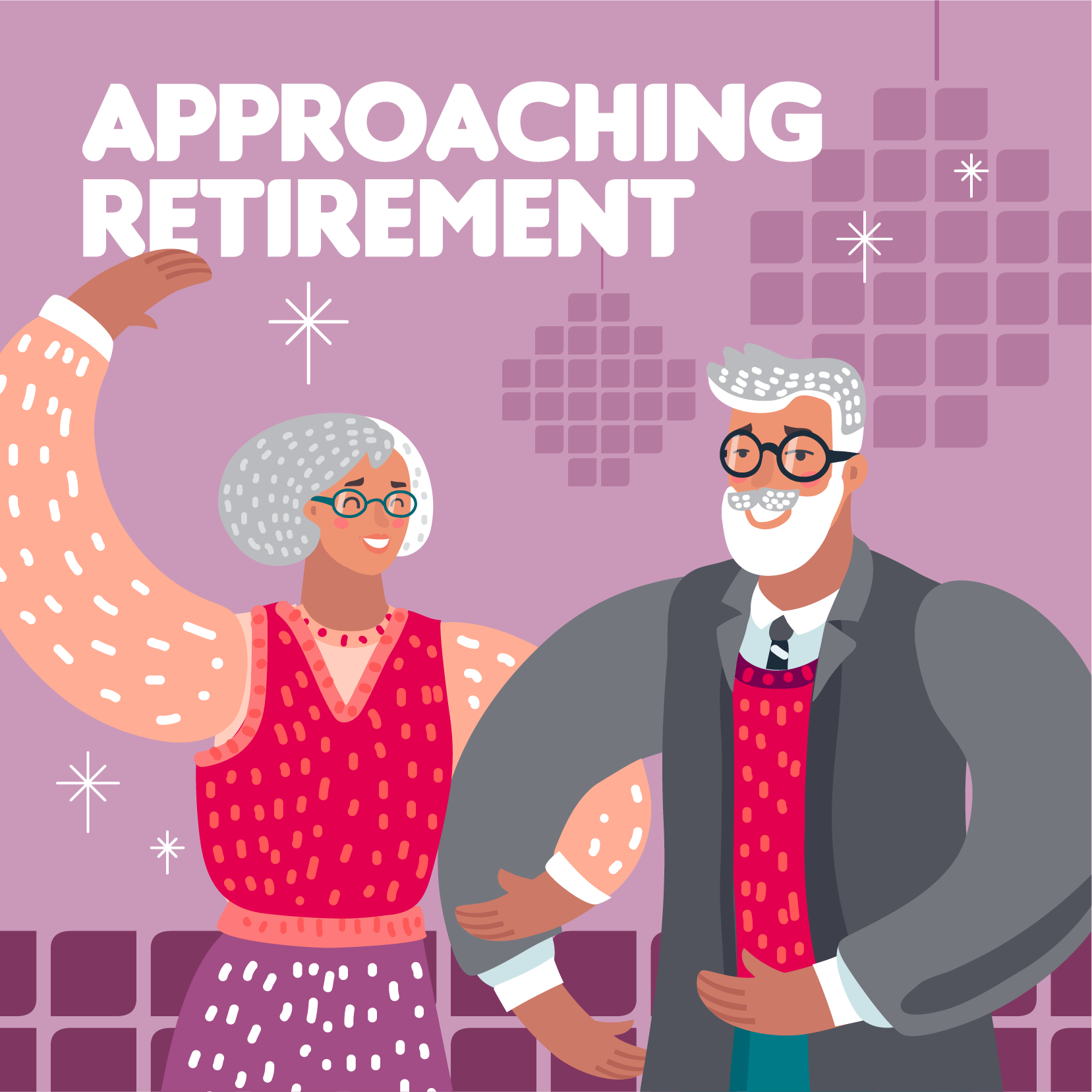
The Wise Way to Retire
50s onwards
You are in the late-stages of your career. Your children are already working or completing their education. You might still have some financial liabilities like your housing loan, but you’ve repaid a substantial portion of it. You’ve even accumulated some savings that you put to work in unit trusts or other investments e.g. property.
Do you still need insurance? Short answer is yes. Read on for the longer explanation.

FINANCIAL WELLNESS TIP
At 50, you should have at least 30 years of healthy life ahead of you. That’s still a long investment horizon. Consider a mixture of equity-based unit trusts to derive higher long-term returns, and balanced funds that provide a more stable return over a shorter time period. Roboadvisers can also help allocate your investments to these different asset classes and recommend a portfolio that matches your investment goals and risk tolerance.
Also draw up a will to ensure an orderly distribution of your assets to your loved ones when you pass away.
It’s now crucial to seek professional advice on retirement planning from a licensed financial planner.